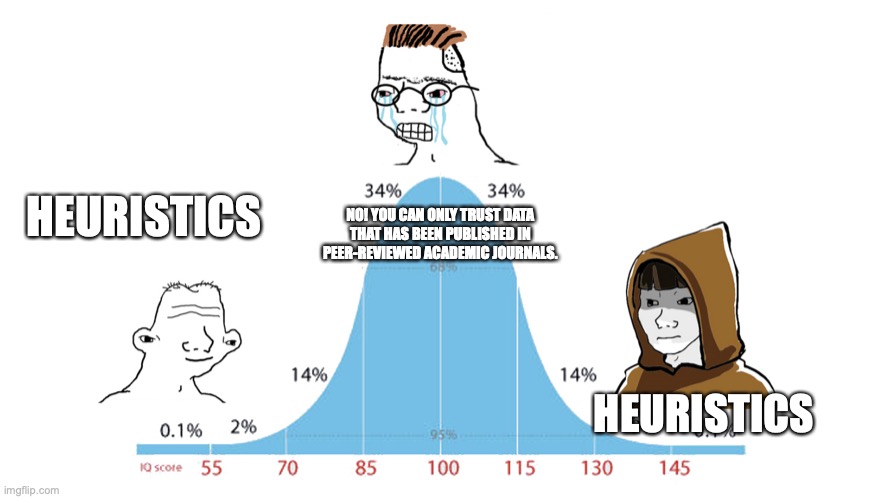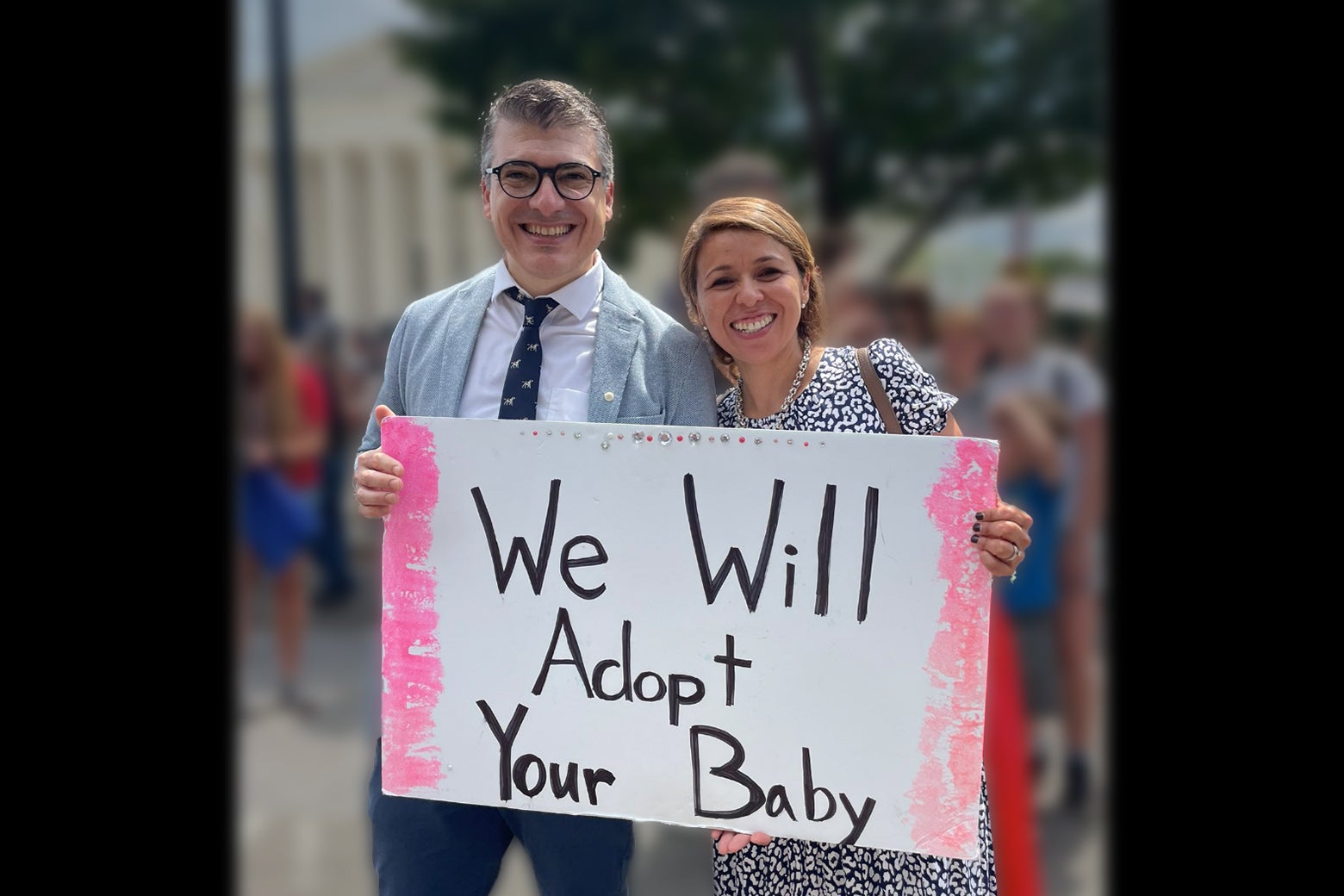This blog is where I come to update my priors and so I'm here to admit that I've changed my stance on two issues. First, I was wrong about virtue signaling. In the past, I've dismissed it as dumb, ineffective, and even potentially counterproductive.
But for the most part, virtue signaling is just taking behavior that you think is good and trying to make it a social norm. And I like social norms. They're a form of mass persuasion. Plus they are more effective and less coercive than mandates.
Like, you don't post a Facebook photo of yourself getting your Covid vaccine because you want to signal to the world how virtuous you are. You do it because you think vaccination is good behavior and you want to normalize it, to create the impression that it's something most people do.
I think employer-mandated diversity trainings are bad because they are coercive and counter productive. But I agree the status quo isn't great. So what should we do? What works?
Research from “Sohad Murrar, Mitchell Campbell, and Markus Brauer found that when you tell people that their peers "hold pro-diversity attitudes and engage in inclusive behaviors,” it makes them have more positive attitudes toward outgroups. In other words, it makes caring about diversity a social norm.
This study from American Economic Review looks at what happens when white and black college students are assigned as roommates. The white students significantly increased friendship & social interactions with black students, expressed greater comfort dating black students, showed greater cooperation in prisoner's dilemma game, and showed less implicit bias.
Meanwhile, the black students had significantly higher GPAs & were more likely to persist, regardless of their white roommate's GPA. The researchers' theory is that exposure to white students provided some psychological benefit, like reduced stereotype threat. Conversely, there were no negative effects on the white students. Win win.
Combine these studies and you have a formula that looks like this: interracial contact -> pro diversity views -> consensus among a group of individuals that most people are pro diversity -> a new social norm that is pro diversity.
But social norming isn't a magic bullet that creates a happy utopia where everyone agrees on all issues and the culture wars have ceased. There are two limitations.
The Right Amount of Contact
Another way of saying that a group of people have adapted to a shared social norm is to say they have assimilated. This is the idea behind Contact Hypothesis—the idea that actual interaction with members of diverse groups will lead to less prejudice—which has a lot of empirical support, including the AER study I mentioned above. But people don't always assimilate to the norm, sometimes they hunker down and rebel.
So it seems to be that the key to deploying social norms is figuring out when they work and when they backfire. In order to do that, you need to understand the context.
One of the most interesting phenomenons to me is how well an African American boy does in school is partially depended upon the racial makeup of the school.
This study found that when black students from low-performing schools moved to high-performing schools, the girls did better. (lower arrests rates, improvements in education and mental health, and are less likely to engage in risky behaviors.) But the boys did worse! And they seemed to do worse in schools with more racial contact.
The possible explanation, oppositional culture identity theory or sometimes called 'acting white,' doesn't often happen but when it does it seems to depend on the racial makeup of the school. If more than 80 percent of the students are black then there doesn't seem to be a problem but an even split leads to worse outcomes (I haven't read a good explanation for why this only seems to affect black boys and not black girls).
How else do you explain goth culture, or emo culture, or whatever the hell it's called now? These kids aren't choosing this look because it accentuates their best features or signals their sophisticated tastes. They're doing it to signal that they don't give a shit what the cool kids wear. I can't find any research about goth kids, but my guess is that it's contact with Abercrombie & Fitch (or whatever the cool kids wear now) kids that predicts the likelihood of black eyeliner and green hair.
Malcolm Gladwell wrote about something similar in David and Goliath. Some students do worse at Harvard than they would at a good state school. Being a small fish in a big pond is intimidating and can lead to worse test scores, but transfer to a less competitive school and those grades start to go up. Context matters.
It almost seems that if the numbers are small enough, the minority students will assimilate to the culture of the school. They get a little bit bigger and then they define themselves against the consensus. They become the majority and things level out again.
So virtue signaling to create a social norm is commendable behavior but you really have to pay attention to the group settings as it can make things worse if people don't already feel included.
Shame Signaling
The virtue signaling I've used as examples so far are of good behavior. What about behavior we think is bad? Instead of people trying to virtue signal a good behavior to replace the bad behavior, we get people trying to shame, censor, and deplatform the perceived bad behavior.
So let's say you think vaccination is good. Then you see Dr. Robert Malone go on Joe Rogan's podcast and talk about how the mRNA technology is unsafe, creating a norm against vaccination. If your reaction was to threaten Spotify to remove Joe Rogan and his disinformation, then you are replacing bad behavior (anti-vax speech) with more bad behavior (censorship).
My prior setting was that this reaction was always bad. I view this behavior through the conflict theory vs. mistake theory lens. As you recall, conflict theorists see bad things as the result of bad people engaged in conflict with you. Mistake theorists see bad things as the result of well-meaning people making mistakes.
The censorship people see behavior they don't like and register it as coming from the enemy in their conflict. And since the world is a battle to control the narrative, you fight back by doing whatever you can to control the flow of the enemy's information.
Previously, I would sit in my ivory tower with the other mistake theorists and say that censoring, shaming and deplatforming is wrong. While I agree that, eg normalizing anti-vax attitudes is bad, I see it as them making a mistake, not engaging in conflict with me. I would say that we need to keep an open line of communication so that we can show them they are wrong.
Speck in my eye
Well, I was wrong. At least, I was narrow in my view of things.
I could see that the problem with conflict theorists was that they saw everyone else as a conflict theorist, when in fact, sometimes bad things are the result of mistakes. But I could not see my own flaw; thinking every bad action was the result of a mistake and not that some people are actually engaged in conflict.
The truth is that some people lie, cheat, and steal ... knowingly. They care more about advancing their agenda than the truth. And I'm not sure they are worthy of a platform, or at the very least not worthy of my attention. Because they are not interested in learning that they are mistaken.
I wouldn't publicly debate Alex Jones about whether or not the 2020 election was stolen because I don't think he has any interest in changing his mind. I also think it's quite possible he knows it's all a big lie. He is a conflict theorist and is not deserving of my time.
I don't have a good heuristic for determining who is a conflict entrepreneur vs. who is making a mistake. It's kind of a "know it when you see it" thing. But if a conflict entrepreneur gets cancelled, I'm not going to fight for their right to be heard. But I should always support people who try to create a social norm of what they think is good behavior, even if I think they are making a mistake.
For example, people found this couple incredibly annoying. But if you are pro-choice, this is the least bad response in our pluralistic society.
If you want pluralism, you are going to have to live among people who disagree with your most deeply held beliefs about abortion. From there, you have three options.
- Laws that make a decision about abortion for you, angering half the country.
- Social norms that try to shame and harass women who have or consider abortions.
- Social norms that promote adoption as an alternative to abortion.
Love them or hate them, the "we will adopt your baby" people are the best version of social norming. They are trying to model behavior they think is good to replace behavior they think is bad.
Conflict by Design
The other thing I've discovered is that some systems are designed for conflict and we just have to play the game. A good example is the way judges are appointed. During Trump's four years, Mitch McConnell’s Senate majority confirmed three right-wing justices and 234 new judges overall, a blistering pace. Not to be outdone, under Biden, Chuck Schumer, the Senate majority leader, has actually confirmed federal judges at a faster rate than McConnell’s at the time of the first midterm election.
If one person has the power to appoint judges who will carry our their will, the only way to respond is to take power and appoint your own partisan judges at the same rate. You can't point out that this is a mistake, you have to respond with conflict or you lose.
I am very pro bipartisanship. But I've come to believe that Obama's attempt to involve Republicans in the creation of the Affordable Care Act, in the name of bipartisanship, was a mistake. Republicans will not return the favor. They will pass partisan bills if they have the votes and will stymie any legislation put forth by Democrats to prevent them from getting a win.
So until we have a better system, like one with judicial term limits, you kinda have to play the prisoner's dilemma game by defecting until the other party decides to cooperate.






